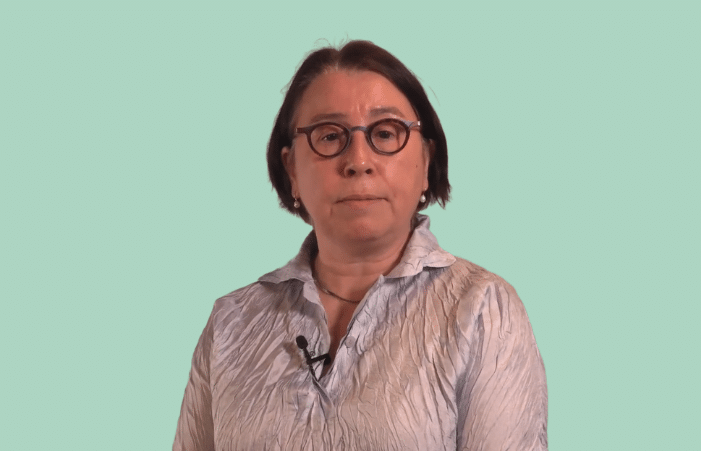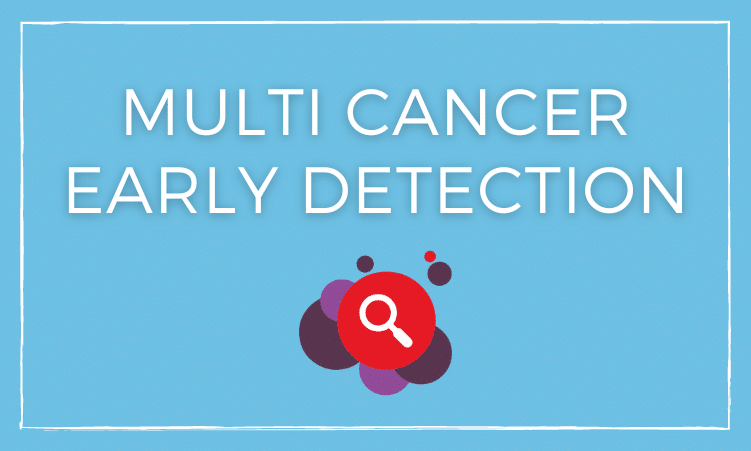Catherine Sauvaget
Home >
Who am I
My name is Catherine Sauvaget, a medical scientist within the Early Detection, Prevention and Infections Branch of the International Agency for Research on Cancer (IARC-WHO), Lyon, France. I graduated in 1992 from the Medical School of Rennes University, France and got a PhD in 1998 in epidemiology and public health from Tohoku University, Sendai, Japan. During the PhD, I analysed several large epidemiological cohorts from Japan, UK, US to estimate healthy life expectancy. In 2000, I got a scientist position at the Radiation Effects Research Foundation (RERF), Hiroshima, Japan. The Foundation studies the radiation effects in the survivors of the atomic bombings of Hiroshima and Nagasaki. I studied the effect of major lifestyle factors such as diet on cancer risk among the atomic bomb survivors. In 2006, I joint IARC and have worked in numerous resource-constrained settings to implement early cancer detection programmes in collaboration with local Ministries of health. I also serve as expert on cancer control for several UN Agencies, and as faculty for international training on cancer control implementation and cancer epidemiology.
Why
My research focuses on early detection of oral, cervical, breast and colorectal cancer. According to the settings, I implemented demonstration projects based on early diagnosis (in symptomatic individuals) of breast cancer (India, Libya) or based on screening (in apparently healthy populations) of cervical cancer (India, Morocco, Cameroon, Cote d’Ivoire, Benin, Senegal), breast cancer (Morocco), colorectal cancer (Thailand, Morocco, Iran, France). I am the PI of a major randomised-controlled trial in France to experiment the impact of a new invitation modality on participation within the national organised colorectal cancer screening programme. I also experiment the performances of a new portable medical device (thermal ablation) to treat cervical precancerous lesions; a procedure that can be easily used in the field by nurses and midwives. Several systematic reviews and meta-analyses on the efficacy and acceptability of thermal ablation were published, the results were submitted to the WHO for consideration in their guidelines on treatment of precancerous lesions, and for recommending this procedure to countries.
Specialties
I am specialised in cancer epidemiology; in implementing large demonstration projects on cancer early detection in collaboration with local health authorities; in training of health providers on alternative screening tests (clinical breast examination for breast cancer screening, and visual inspection with acetic acid for cervical cancer screening), on treatment of cervical precancerous lesions with ablative technique; and in teaching cancer control to international courses.

No specific news & updates.
Involved projects

